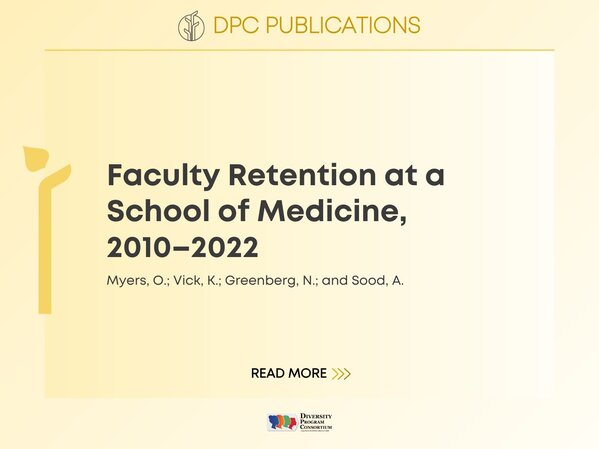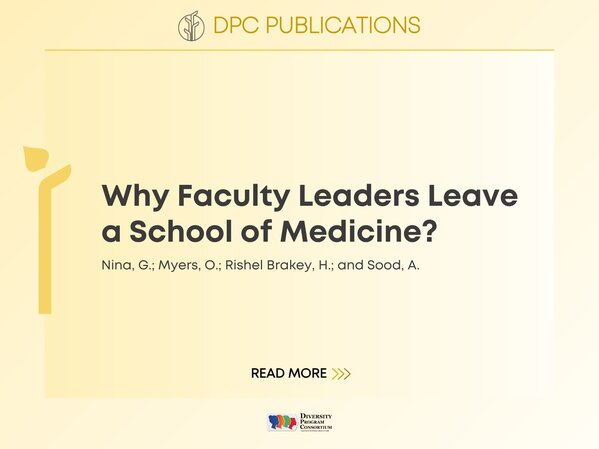Data & Publications Dashboard
Featured Publication
How do programs work for different groups?
Can a QuantCrit approach be applied to large-scale program evaluation study to address an important question—for whom does a program work?
Authors, Srinivasan, Cobian, Maccalla and Christie, examined data from the Enhance Diversity Study (EDS), an evaluation of a national biomedical training program, to understand the impacts of novel biomedical curriculum on women of color (WOC) undergraduate’s belief in their ability to conduct research, called research self-efficacy.
Theories show that development of self-efficacy can be bolstered through a mastery experience, verbal support, comparisons to others and self-perceptions1 but that social identities, like race/ethnicity or gender, can impact development.2 This study found differences in research self-efficacy when considering the intersections of race/ethnicity and gender.
Read “Evaluating a National Biomedical Training Program Using QuantCrit: Revealing Disparities in Research Self-efficacy for Women of Color Undergraduates” to learn more about those differences for WOC undergraduates, the application of QuantCrit approach to program evaluation, and implications for further research.
1 Bandura, A. (1977). Self-efficacy: Toward a unifying theory of behavioral change. Psychological Review, 84(2), 191. Medline
2 Usher, E. L., & Pajares, F. (2008). Sources of self-efficacy in school: Critical review of the literature and future directions. Review of Educational Research, 78(4), 751–796. Google Scholar
Search All Publications
Publications, resources, news stories, and CEC products are searchable on our Resource Center

Recent Publications
Click on the publication for a downloadable copy or to go to visit the publisher’s website.
The Coordination and Evaluation Center at UCLA is supported under award number U54GM119024.

Grow Together.



